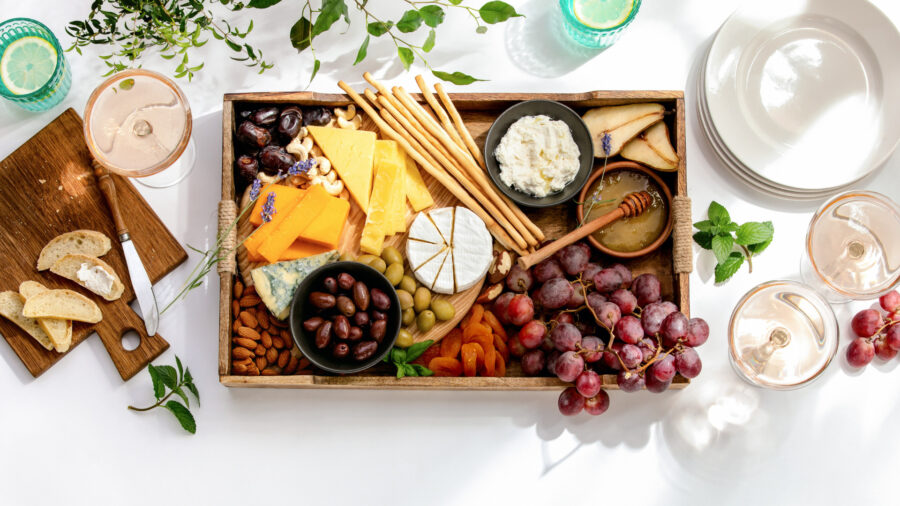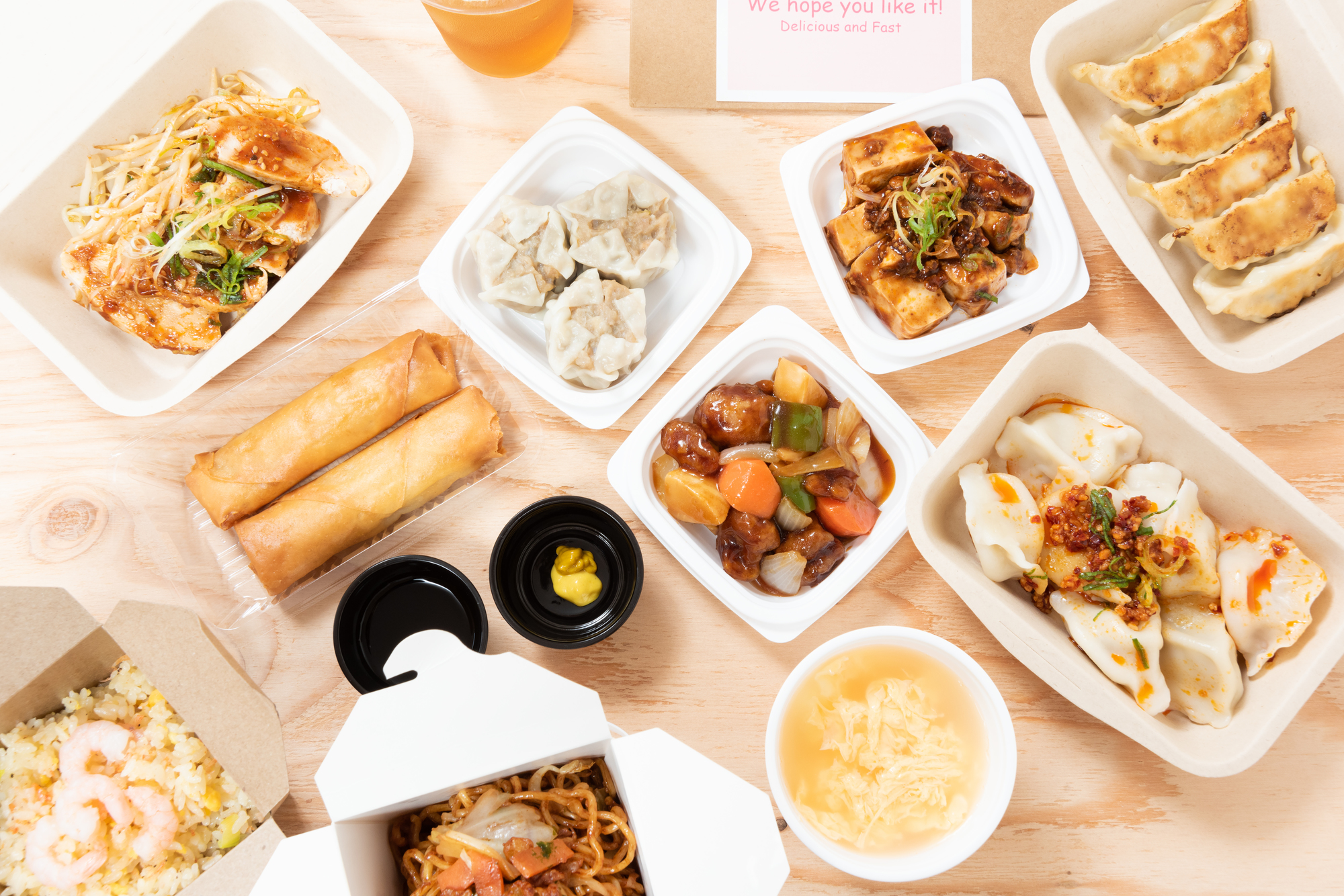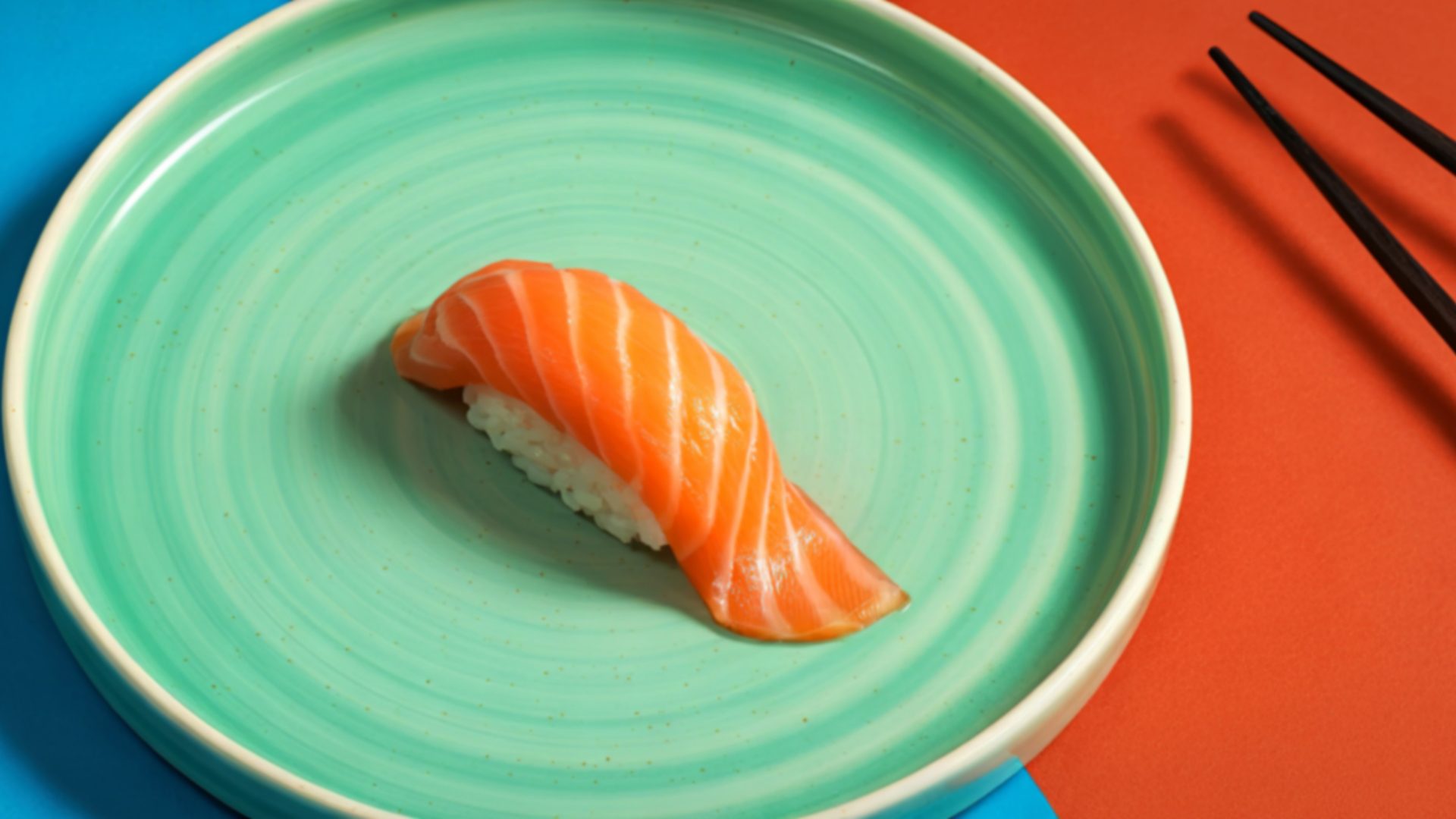In discussing wellbeing when it comes to food, Nik Modi, managing director at RBC Capital Markets, commented in a recent Food Institute Podcast that “treats” are not merely a vice to be approached with moderation, but rather a part of overall wellbeing – including the emotional components of wellness.
“It’s important for the industry to understand that there is this delineation,” said Modi. “Wellness can take many different forms.”
Meaning, indulging in “unhealthy” foods can indeed be part of a “healthy” lifestyle. “It’s really about that mental escape,” he added.
And there’s a raft of scientific support that emotional wellness is a crucial ingredient in overall health and well-being.
But this brings up a common misconception within the food landscape: specifically, that “indulgent” foods amount merely to those high in salt, fat, and/or carbs (the three cornerstones of craveability).
From a psychological perspective, there are actually four types of indulgence; four mindsets with which consumers seek to create emotional wellbeing through food. And marketers that embrace them will find rich new territory to explore via food innovation.
Indulgence mindset 1: Rational
This ‘craving’ is actually satisfied by information and knowledge gathering. Appreciating the unique flavor of a certain provenance of tomato; evaluating the difference in cuts of meat; pairing the right cheeses, and so on.
The satisfaction, and often premium price attributed to these ‘treats’, is based much more on appreciating the tangible parts of the experience than the more stereotypical aspects of “indulgence.”
Indulgence mindset 2: Tribal
The need to connect. Have you ever eaten when you’re not hungry, but just because everyone else was? Sometimes the value of connection is the core of the ‘treat’ – shared meals, group dining out, and even sharing food content via social media.
The reward is the social bonding, rather than the food itself.
Indulgence mindset 3: Exploratory
Global cuisines, unique cooking efforts at home, and the like. Food is one of life’s purest conduits to exploration and discovery, and many consumer trends reflect this pursuit.
When we try new experiences, we discover new things about ourselves – and in this mindset, this personal exploration is the reward.
Indulgence mindset 4: Competitive
This used to be called ‘conspicuous consumption’ – in other words, showing off via consumption of premium foods (think, the early days of Starbucks). And while this mindset does relate to impulsive behavior and access to premium experiences, there’s more to it.
Following gut instincts – like ordering dessert when dining out, or grabbing something indulgent in the grocery store – actually serves a deep emotional need and helps us literally feel better.
So widen the aperture of your food innovation with the TRUE reasons consumers treat, indulge, or otherwise act in “irrational” ways – and serve wellness pursuits beyond what meets the eye.
—
Hunter Thurman is the founder of Alpha-Diver, a unique insights and strategy firm that uses neuroscience to help the world’s leading brands, and the Wall Street analyst community, to continually explain, measure, and predict consumer behavior.












